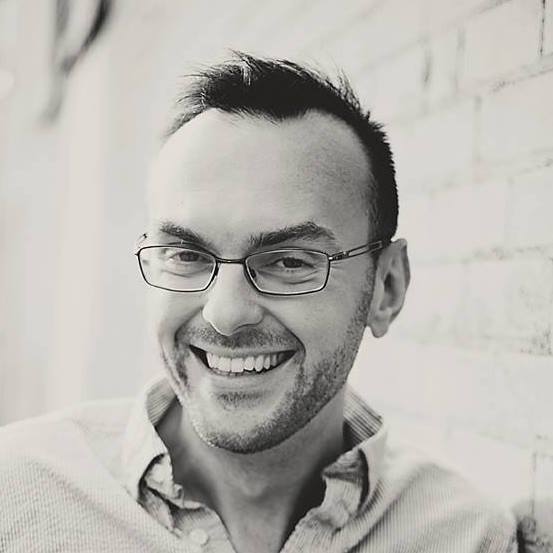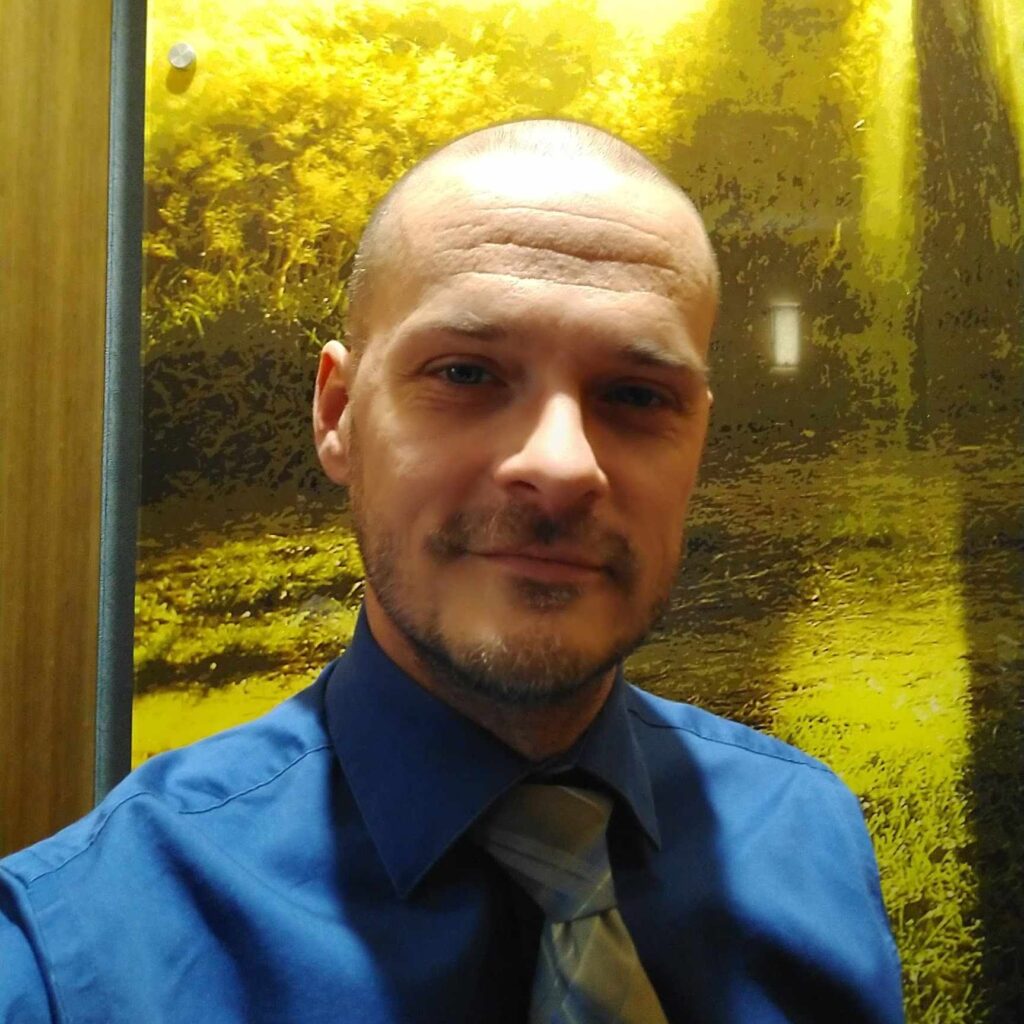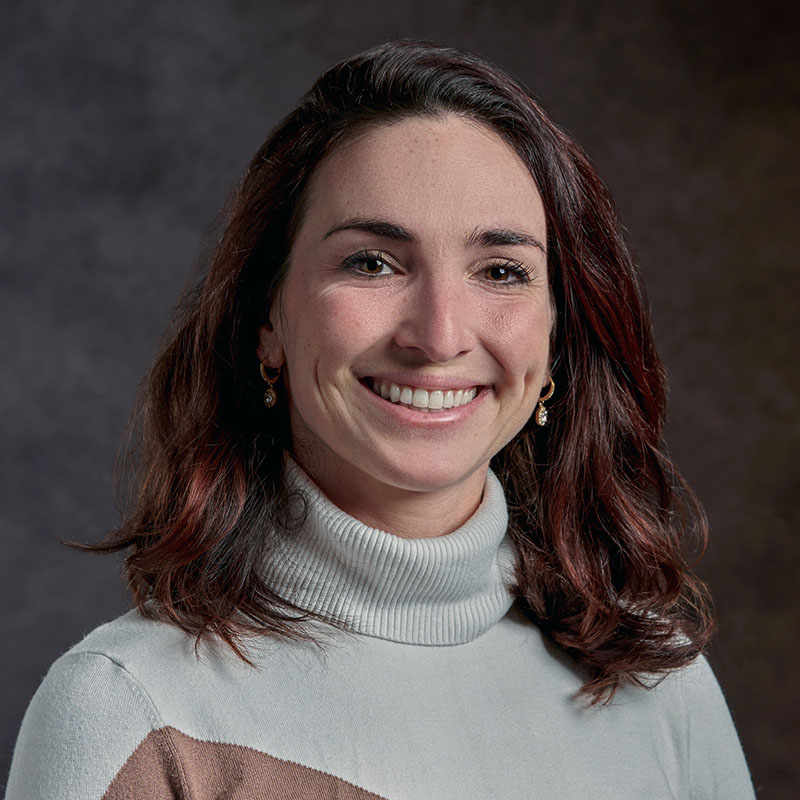Regardless of one’s beliefs, at times of stress, anxiety, pain, and loss we seek the counsel and comfort that only other people can provide. A Chaplain is someone who is trained to be that source of counsel and comfort at precisely those pivotal moments. Usually they are trained by and affiliated with a religious faith, but not all of them.
In this article, the fourth in my series An Introduction to Humanism, I’ll be tackling the question, “What is a Humanist Chaplain?” by providing a general definition as well as specific details from three Humanist Chaplains working today.
What is a Humanist Chaplain?
A Humanist Chaplain is a secular clergy person who provides comfort, guidance, and emotional support without relying on any religious doctrine or dogma. They also strive to promote reason, ethics, and compassion in the lives of those they serve. Humanist Chaplains usually have a staff position at universities, hospitals, prisons, or other settings where chaplains are typically present.
Why is the Role of Humanist Chaplain Important?
The role of a Humanist Chaplain is crucial as they provide emotional and moral support to individuals who identify as nonreligious (or anyone who wants it, regardless of their beliefs). They serve as a comforting presence offering guidance and counseling in times of crisis, grief, or ethical dilemmas. Their work helps to foster a sense of community and belonging among people who may feel isolated or misunderstood because of their secular beliefs. Humanist Chaplains contribute significantly to the diversity and inclusivity of moral and spiritual perspectives in society.
Who can Become a Humanist Chaplain?
Anyone can call themselves a Humanist Chaplain, however, to be endorsed by a trusted organization and to secure a job in an institution such as a university or hospital, there are usually strict requirements. These can include but are not limited to advanced degrees in relevant fields such as psychology, counseling, or theology as well as completion of chaplaincy training.
If you’re interested in becoming a Humanist Chaplain, I’d recommend reviewing the application process and requirements outlined by the Humanist Society an affiliated organization of the American Humanist Association
Humanist Chaplaincy in Action
So what does Humanist Chaplaincy look like in practice? I’ve reached out to some Humanist Chaplains currently working at different types of institutions so that they can describe what it is they do, and why, in their own words.
James Croft, Chaplain – University of Sussex

James is the University Chaplain and Lead Faith Advisor at the University of Sussex, England. In this capacity, he coordinates religious and spiritual life on campus, leading a team of Associate Chaplains who represent a wide variety of different religious traditions.
He and his team provide pastoral care, create religious education events, and foster interfaith dialogue and discussion. James takes a lead in certain ritual and ceremonial aspects related to university life, including performing weddings for students and staff, and conducting memorials. He also represents the university in the community, liaising with local religious and worldview organizations.
James’ Path to Humanist Chaplaincy
After completing his university education, James spent two years as a high school teacher before pursuing his Master’s degree at Harvard. Though he initially envisioned a career in academia, his path took a turn when he became deeply involved with the Humanist Chaplaincy at Harvard. His roles progressed from being a student participant to becoming their Research and Education Fellow.
James’ involvement with the Humanist Chaplaincy further ignited his interest in Humanism. He found himself speaking at conferences and spearheading the Humanist Community Project. As his passion for Humanism outshone his academic pursuits, he sought to turn it into his profession.
His journey led him to Ethical Culture, a Humanistic religious movement established in the late 1900s. He moved to St. Louis, Missouri, where he served as clergy in their largest congregation for eight years. Following that, seeking a fresh challenge, he transitioned into University Chaplaincy.
Why James is a Humanist Chaplain
I want to do this because I want to give voice to a worldview that is as powerful as any religion but frequently ignored. I think it’s essential to have positive voices for Humanism within universities. Too often people feel that if they are not religious, there is no philosophy of life open to them – they just have to be a “none”, a nothing. By presenting a credible, powerful view of what it looks like to live a nonreligious life, I hope I inspire people to think deeply about questions of meaning, purpose, and value even if they are not religious at all.
James Croft
University Chaplain and Lead Faith Advisor
University of Sussex
If you’d like to follow James online and learn more about his work and vision, his website is a great place to start. He’s also active on Facebook, Instagram, and X.
Ben Iten, Chaplain – OhioHealth

Ben is employed at a hospital in Columbus, Ohio where his role involves making rounds to ensure patients are emotionally supported and their values are respected throughout their stay. His responsibilities extend to responding to Level 1 Traumas, code blues, and other emergencies, providing crucial emotional support for distressed family members and facilitating clear communication between them and the medical team.
Additionally, Ben spends considerable time offering emotional assistance to the medical team, helping them navigate their own feelings and find meaning within their demanding roles.
Ben’s Path to Humanist Chaplaincy
Ben majored in Jewish Studies at the Ohio State University and studied Hebrew and Bible interpretation at graduate levels before moving to a Master’s of Divinity. He’s also taken many units of Clinical Pastoral Education as part of his ongoing training.
Why Ben is a Humanist Chaplain
I experienced a lot of spiritual abuse in the faith of my youth. When I deconstructed I found the process to be painful and isolating. For me, to become a Humanist Chaplain was to be with people in the midst of emotional and/or “spiritual” distress and not leave them alone. Even if there is only one other person that would be willing to go with the person in their pain, it would be me. Humanism became my foundation for that work. It encourages creativity and compassion for all people.
Ben Iten
Humanist Chaplain
OhioHealth
Elisa Rosoff, Chaplain – Arise Collective and North Carolina Correctional Institution for Women

Elisa is employed as a full-time Community Chaplain at Arise Collective, a non-profit based in Raleigh, North Carolina that offers holistic reentry services to women reentering society after prison sentences. As part of her work, she is also covenanted with the Department of Adult Corrections to serve as a “community-funded chaplain” at NCCIW, North Carolina’s largest women’s prison.
Her role involves trauma-informed one-on-one care and counseling, chaplaincy services program planning and facilitation, community outreach and education, and curated excursions for reentry program participants. Additionally, Elisa enjoys mentoring CPE students and chaplain interns as they navigate vocational discernment.
Elisa’s Path to Humanist Chaplaincy
Elisa attended Phillips Exeter Academy, a boarding school in Exeter, NH, and it is there, during a school-wide assembly in which Bryan Stevenson spoke about the work of the Equal Justice Initiative, the seed was planted for her involvement with justice-involved individuals. She then studied Dance, International Affairs, and Spanish in Washington, D.C. where she also worked as an early childhood teacher’s assistant. Upon graduation, she moved to New York City to work as a teacher and complete a Master’s in Early Childhood and Special Education. Elisa is also a certified Montessori educator, birth-2nd grade.
Upon the death of her grandfather, the late Rev. J. Gurdon Brewster, an “existential crisis” prompted her to enroll in Union Theological Seminary in New York; it is there that her grandparents met in the late 50s, her grandfather interned with Martin Luther King Sr. and Jr., and she learned of the vocation “clinical professional chaplain.”
After her first unit of CPE through Jewish Theological Seminary where she worked as a chaplain intern at Exodus Transitional Community in East Harlem, she “hit the ground running,” and completed another five units of CPE at Judson Memorial Church (field education-CPE hybrid through Union Theological Seminary), UNC Hospital, and Duke Hospital. After completing a year-long chaplaincy residency at Duke Hospital, she was hired by Arise Collective to serve as a full-time Community Chaplain, half-time in the reentry sector and half-time in the prison.
Elisa is a Board Certified clinical professional chaplain through APC/BCCI Inc., and therefore, she officially became endorsed as a humanist chaplain through the Humanist Society in the certification process (endorsement by one’s faith or philosophical group is a requirement for this process). Elisa now serves on the Board of the Humanist Society.
Why Elisa is a Humanist Chaplain
My maternal grandparents greatly impacted my spiritual and emotional development; though my grandfather was an episcopal priest for the entirety of his adult life, my grandparents were very engaged students of world religions/philosophies as well as social justice advocates and stewards of the natural world.
I also have Jewish cultural heritage. My parents were pretty hands-off in terms of religious indoctrination, leaving me to discern through observation and critical thinking what would become my world view… and ultimately, I am a humanist through and through!
This means that values of compassion, critical thinking, respect for diversity, and veneration of the natural (and not supernatural) world undergird my work. Being a professional chaplain is a natural extension of the humanist emphasis on equitable care of human beings regardless of identity factors that frequently create contention in our society.
Elisa Rosoff
Humanist Chaplain
Arise Collective
Up Next: What is a Humanist Celebrant?
In this series we’ve covered what humanism is, what it means to be a humanist, and how to find and join a local humanist community. In this article we explored the unique role of Humanist Chaplains and the important work they do. In the next and final post of the series we’ll do the same with the role of Humanist Celebrants; another type of secular clergy. If you’d like to follow along, please subscribe to my humanism newsletter.


There is definitely a need for humanism and related view points, not based on blind or forced indoctrination into belief systems.
I am a psychiatrist/ medical doctor reaching the final stretch of my life and see a need for thought and belief based on what life has taught us.
Thank you for sharing your thoughts. I’m curious, given your background, how are you applying what you’ve learned to this time in your life?